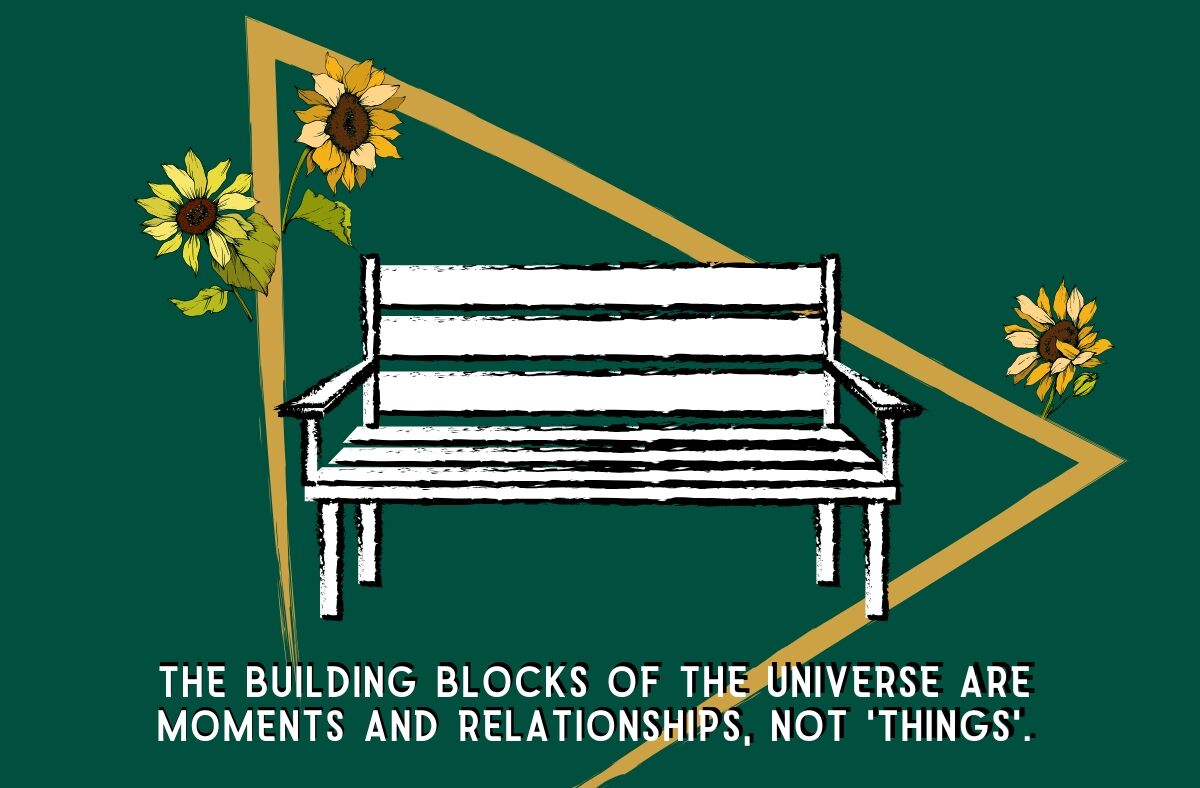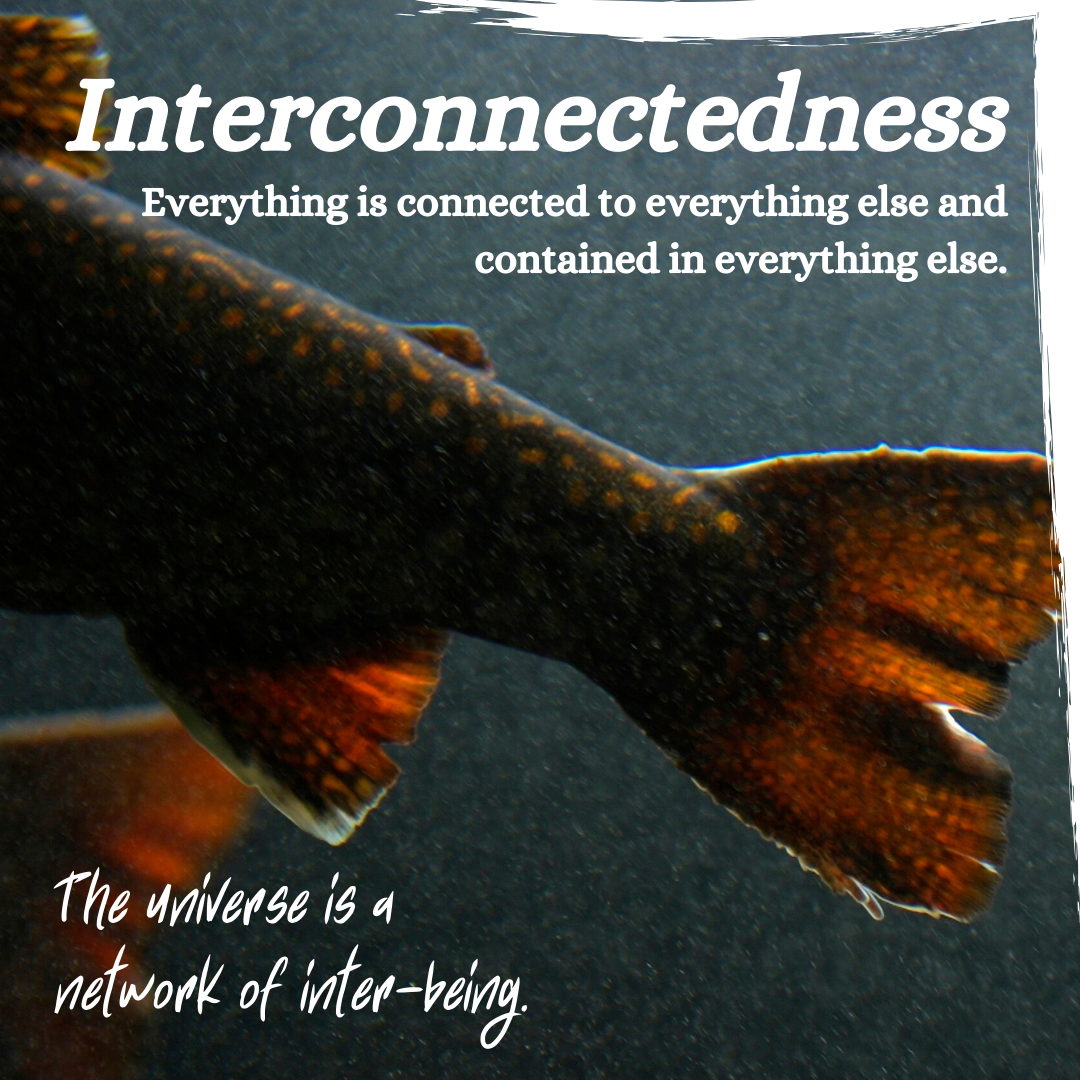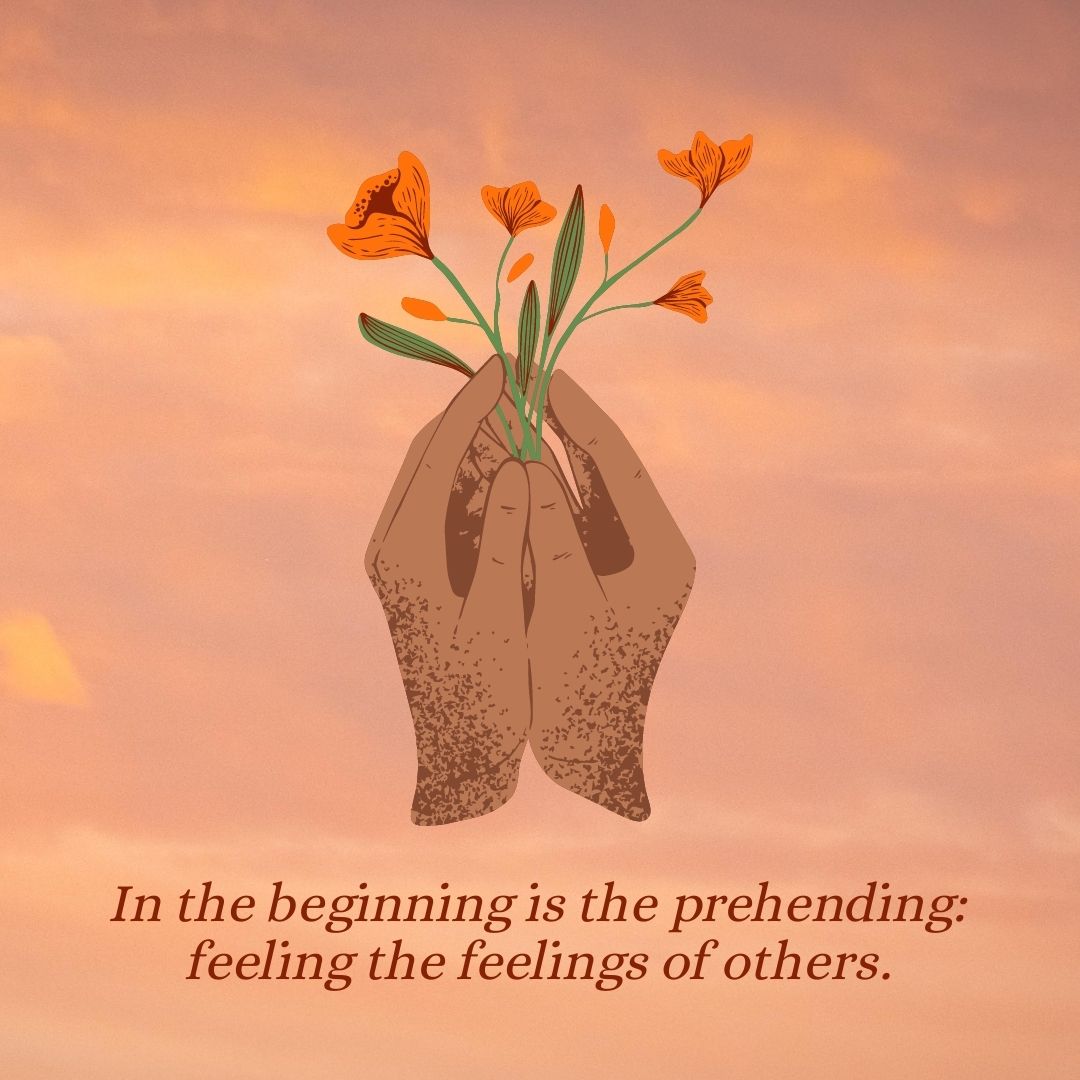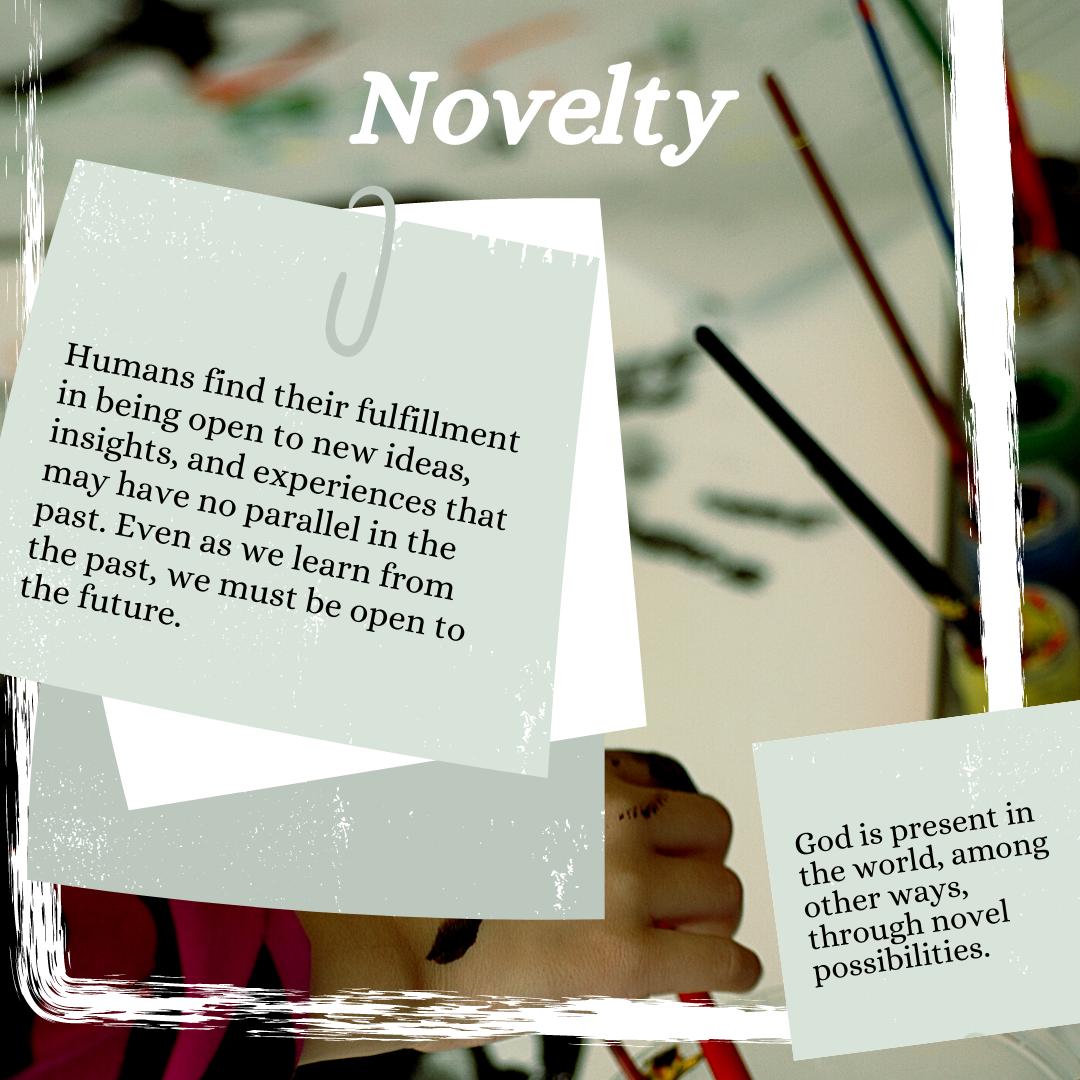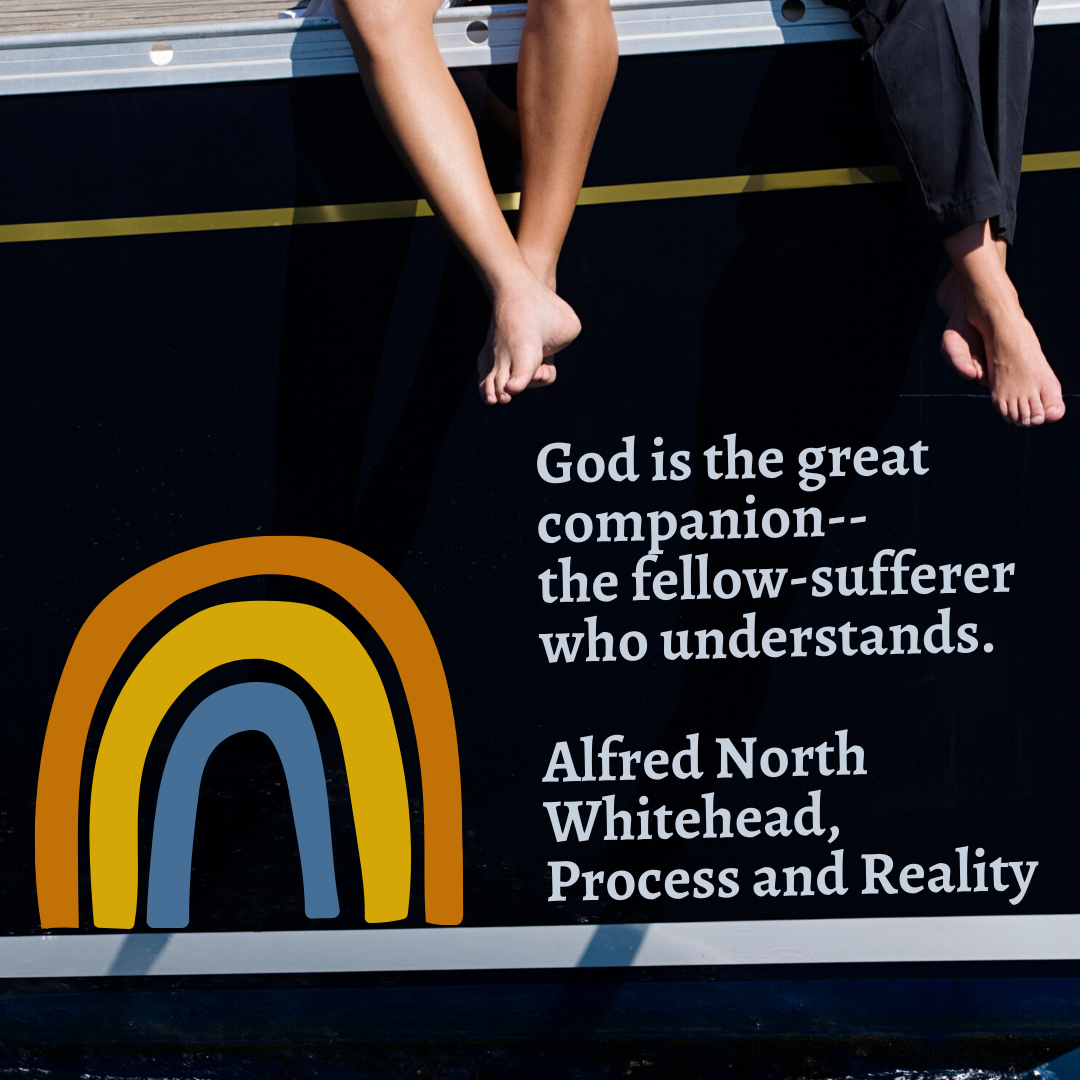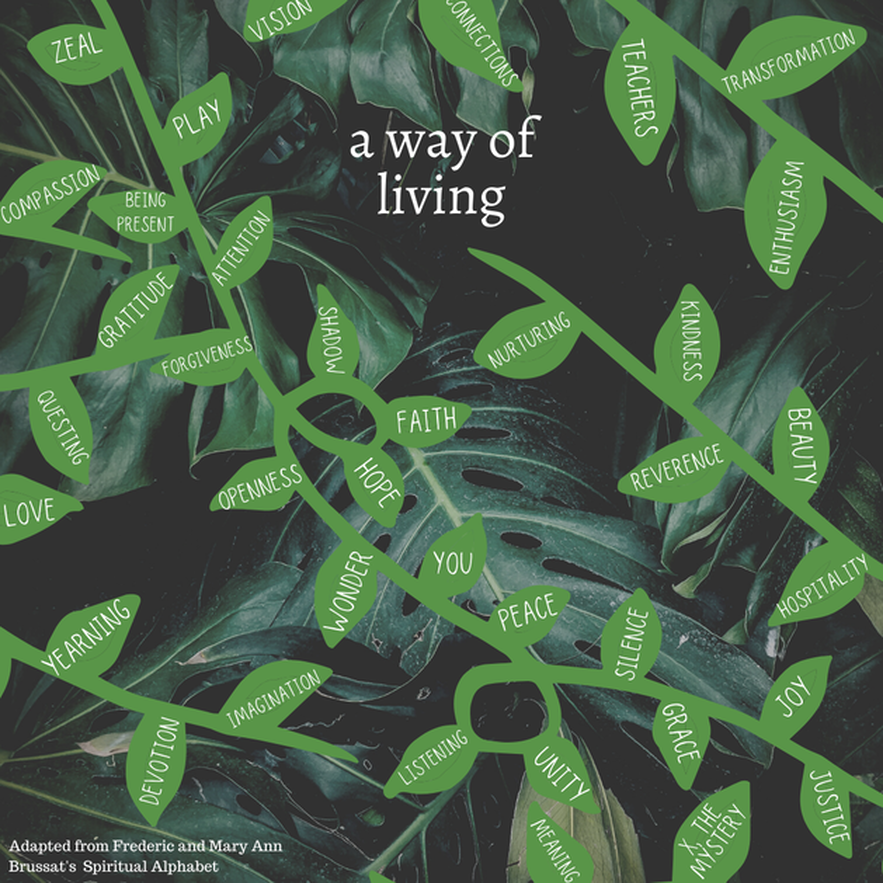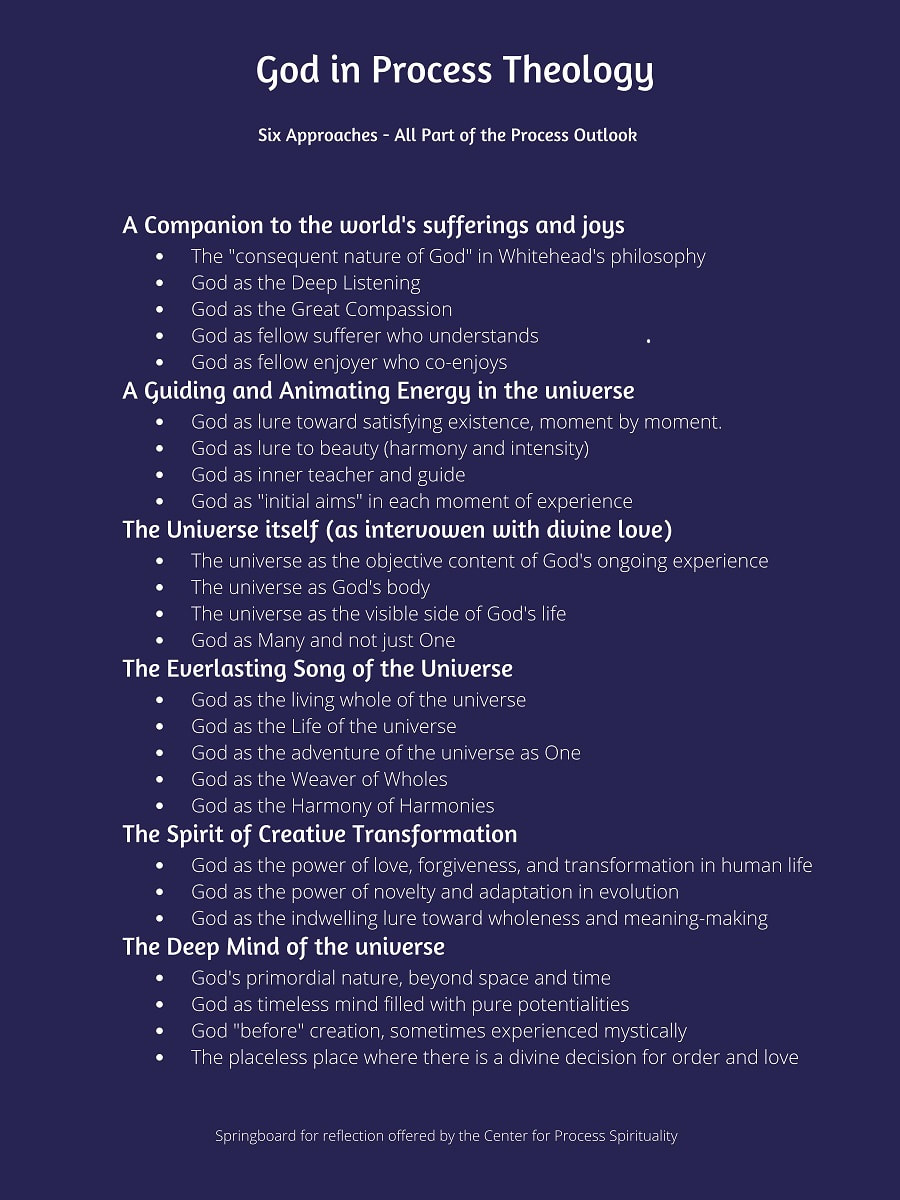What is Process Philosophy
and How do You Practice It?
At the heart of process philosophy is the idea that relationships and moments of experience, not solid objects moving through space, are a key to understanding the cosmos, planet Earth, other people, plants and animals, atoms and molecules, hills and rivers, God, and yourself.
The value of this idea is not only that it is interesting and empirically warranted, but also that its advocacy is urgently needed in our time, given the many crises we face: ecological, educational, social, and spiritual. For the past four hundred years or so in the West, one of the most popular metaphors for understanding the cosmos was that of a machine. Many people thought of universe as a giant clock, made up of cogs and gears and wheels, that follow a very precise and predictable pattern of movement. This way of thinking supported the view that all things - animals, plants and the earth, for example - are merely 'things' to be manipulated for human ends. And it supported the view that some humans - women and people of color, for example - are likewise reducible to 'things.' As seen through a mechanistic lens, living beings are levers in a system but not subjects worthy of respect; tools for economic growth but not agents of their own lives. This way of thinking lends itself to much injustice, much devastation, much tragedy. It is tearing the world apart.
Process philosophy offers an alternative to the mechanistic view. It affirms instead that the world is more like a garden than a computer, that things are more like rivers than rocks, and that the future is open. It also recognizes that each living being has feelings of its own and value for itself, and that all living beings are deserving of respect and care, people much included. To think this way is to feel connected with the wider world; to be flexible and creative; to feel the feelings of others; to hear the call of truth and beauty. It is to take love and wonder, justice and joy, as more important than appearance, affluence, and marketable achievement. It is to measure 'success' in terms of compassion not greed.
Process Philosophy is not a religion. It is an outlook on life, a way of understanding things, a worldview. Some process thinkers are Jewish, some Christian, some Muslim, some Buddhist, plus more. There's no need to reject your religion, what you love and care for, in order to find meaning in the process outlook. But you need not be 'religious' in order to find process philosophy and process practice helpful. You may be "spiritual but not religious" or indifferent to religion altogether. Process philosophy offers a unique outlook on life that can serve as a bridge between religions and bridge between religion and secularity. It offers ideas helpful to personal fulfillment; healthy family life; a sense of purpose; a love of people, animals, and the Earth; and the cultivation of compassionate communities. The purpose of this page is to introduce you to the process outlook and provide resources for further study as you wish.
- Jay McDaniel, August 2020
